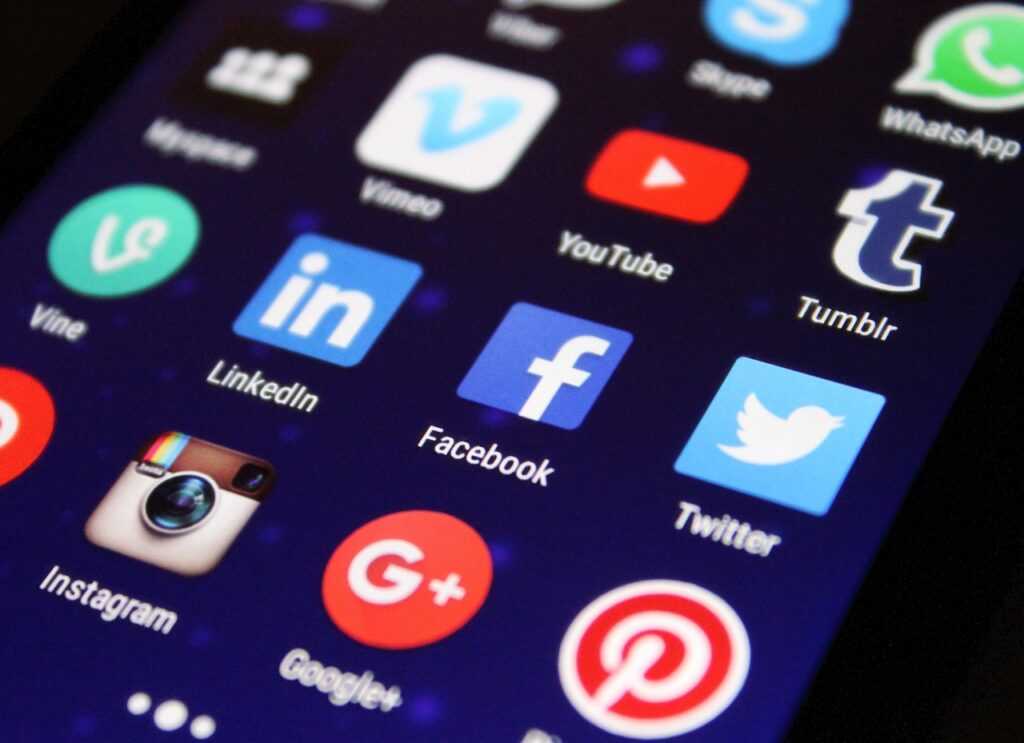What is 7277777020?
At a glance, 7277777020 appears just like another 10digit phone number. But a bit of digging reveals it’s more than that. This number is often associated with specific service calls, automated systems, or local business communications. Those who’ve received a call from it might wonder: is it spam, a telemarketer, or something legitimate?
In most cases, this number is used for outbound communications related to logistics, customer service updates, or notification systems — not random sales calls. So if it shows up, you might want to answer or follow up.
Common Uses for This Number
Like many centralized phone numbers, 7277777020 serves a purpose beyond regular chat. Here’s where it typically shows up:
Delivery notifications: Many delivery services use centralized numbers to send updates or confirmations. Customer support callbacks: If you’ve requested a callback or help from a business portal, this number might show up. Company updates: Businesses sometimes use it to send reminders, schedule confirmations, or service errors.
So if you’ve recently interacted with a service — think shipping, repairs, or online support — and then get a call from this number, it’s likely legit.
Spam, scam, or safe?
No phone number is bulletproof when it comes to being spoofed. Unfortunately, scammers and robocallers can fake numbers to seem more credible. If you’ve received a call from 7277777020 and it seemed off — rushed, demanding personal info, pressuring — it’s worth pausing.
Here’s how to test it:
1. Don’t answer calls from unknown numbers immediately Let it go to voicemail. Legitimate services usually leave a message with detailed info.
2. Search feedback online Look up the number. User reports can shed light fast. If it’s been used in spam, people usually share their experiences.
3. Don’t give sensitive info Even if it sounds like a real business call, never share your Social Security number, address, or financial info unless you’ve verified them.
Why Businesses Use a Centralized Number Like 7277777020
There’s efficiency in using consistent numbers. For one, it’s easier for customers to recognize recurring contact. Plus, from a tech side, it allows routing through automated systems — think interactive voice responses, issue tracking, and centralized ticketing.
Here’s what it gives businesses:
Scalability: One number, multiple departments. Recognition: Frequent callers are easier to screen and trust. Efficiency: Fewer dropped calls, better routing.
So instead of dozens of departments calling from different extensions, everything flows from one addressable number.
What to Do If You Missed a Call
If you see 7277777020 in your missed calls and aren’t sure who it was, don’t autodelete. Here’s your playbook:
- Check voicemail: Legitimate sources usually leave a message.
- Use a reverse lookup: Enter the number on a trusted lookup platform. It may reveal the company or organization.
- Think back: Did you recently initiate any communications where a callback was expected? Maybe you logged a support ticket, placed an order, or booked a service.
If you’re still unsure, you can block it — but don’t rush to. Sometimes essential updates come from lessthanobvious sources.
Final Thoughts on 7277777020
Keep it simple. Numbers like 7277777020 might look random but they’re often tied to real, routine services. By staying aware, skeptical (but not paranoid), and checking sources, you’ll know when to answer, ignore, or block.
Not all unknown numbers are spam. Some are just tools — designed to help systems and people connect faster. This one’s likely just that.


